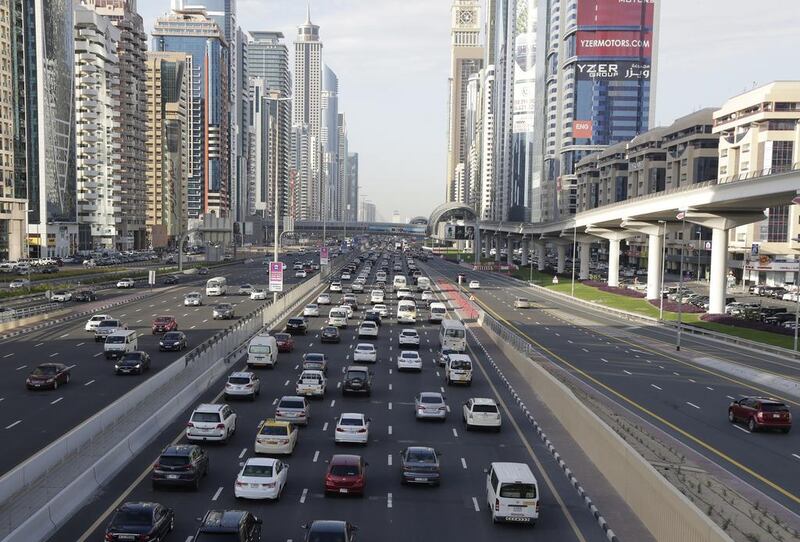The aggression we are trying to deal with is not restricted to our roads (Attitudes will change with more patrols, October 2). We see aggressive behaviour in malls, in offices, at the supermarket and even in playground – among small children.
Additionally, there is sadly a belief that some people are far better than others and this manifests itself in driving and general living styles. This is a global phenomenon, and not unique to this country. Look at what is happening in the United States and the United Kingdom.
Respect for fellow human beings is fast fading away, making way for the “me” culture.
The whole world is becoming aggressive and filled with people who believe they have the right to do whatever they want as they are better than the rest. This issue needs to be tackled on many fronts – in our homes, schools and on roads.
Incidentally, I have lived in this country for 40 years and what I can say is that this is a new phenomenon. We never saw this until the mass influx of foreigners over the past decade. Perhaps we should consider an American-style entry requirement in this country whereby foreigners looking at living here will need to pass a test based on our culture, language and history and, of course, how to drive a car.
Tanya Milbourne, Abu Dhabi
What’s the point of this war cry?
I refer to the news item India conducts 'surgical strikes' in Pakistan-held territory: military spokesman (September 30).
One thing I did not understand is how a country can brag about such a small thing. I also wonder about the real objective of India behind such a move. Is it to provoke Pakistan to declare a war? That would be disastrous for both countries.
India should show maturity and restraint. What the government is doing now is just to pleasing a section of the population. This is clearly vote-bank politics. I am appalled to see such a brouhaha over this matter.
Name withheld by request
The trap of investments
The British expatriate, Adam Loosley, has probably put his money in a systematic investment plan (UAE expat stuck with a poor investment product, October 1).
If so, then it’s hard to earn a lot, at least in the first eight years. What’s more, he cannot stop paying or else he loses money on fund charges. He is definitely in for the long haul.
Karan Vaya, Sharjah
Companies selling such products must be named and shamed. The fact that financial firms get away with this is because there are no authorities to protect investors as far as I know.
This is another reason why most expatriates move their money home.
Rohan Cornelio, Dubai
A similar thing happened to me and I had to surrender my policy. I lost thousands. I was fresh off the plane and because I wanted to ensure a good future for my family I was an easy target.
Adam Tesdale, Dubai
I have been through this. There are some big financial institutions that offer good plans but then their sales people often make false promises. Three years ago I was dealing with one such organisation.
The salesman was a cheat. That time I learnt a lesson: don’t allow anybody to control your finances.
Mohammed Saqib, Dubai
Many factors for rise in exorcism
Justin Thomas's opinion article Exorcism is on the rise and must be addressed (September 19) was interesting. But why is it gaining in popularity? I think lack of education, exploitation and a failure to appreciate science are some of the factors responsible for it. That is if the statement that exorcism is on the rise is accurate.
Giles Heaton, Dubai





